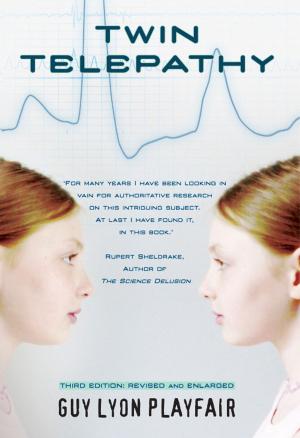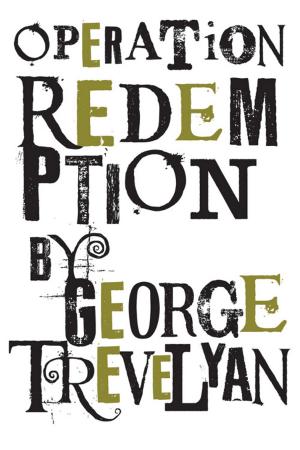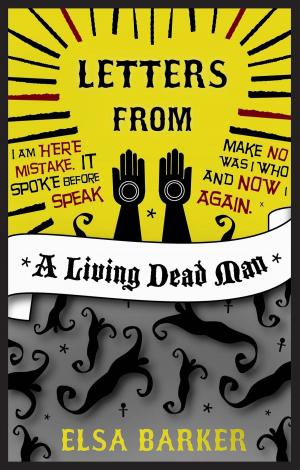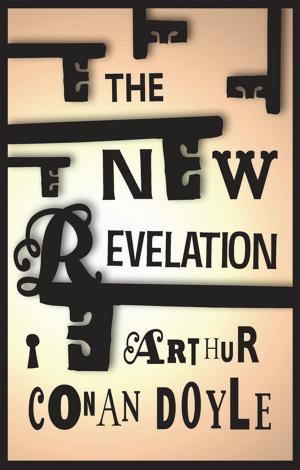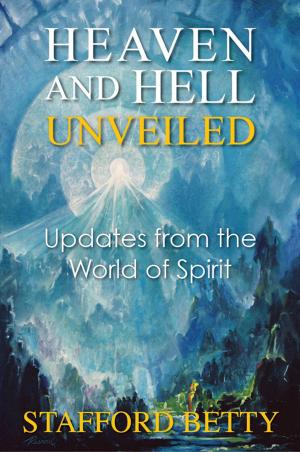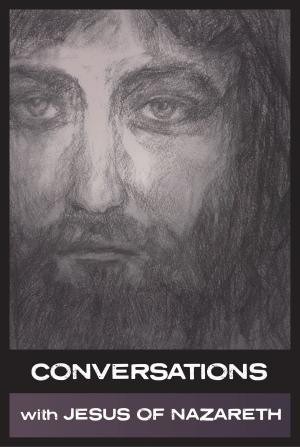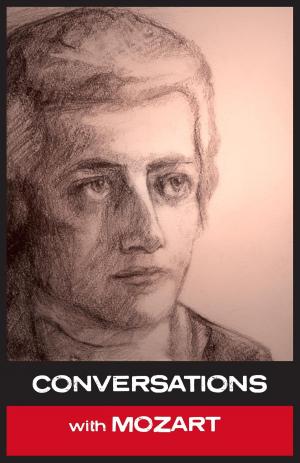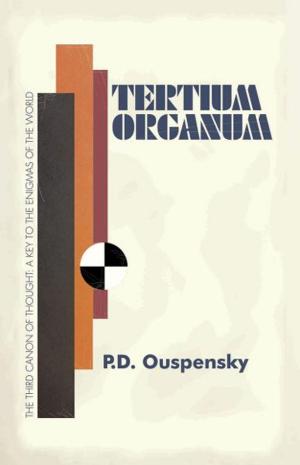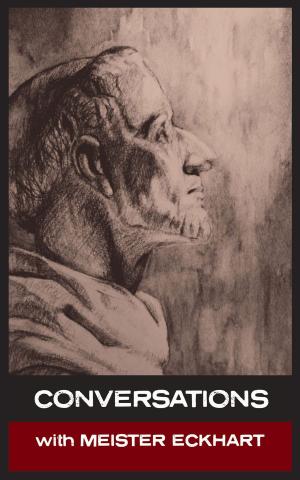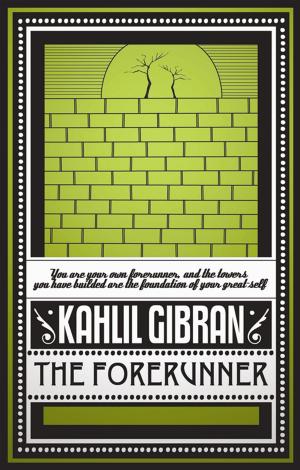Forbidden Words; On God Alcohol Vegetarianism & Violence
Nonfiction, Religion & Spirituality, Bible & Bible Studies, New Testament, Study, Philosophy, Political, Religious| Author: | Leo Tolstoy, Simon Parke | ISBN: | 9781907355486 |
| Publisher: | White Crow Productions Ltd | Publication: | March 1, 2010 |
| Imprint: | White Crow Books | Language: | English |
| Author: | Leo Tolstoy, Simon Parke |
| ISBN: | 9781907355486 |
| Publisher: | White Crow Productions Ltd |
| Publication: | March 1, 2010 |
| Imprint: | White Crow Books |
| Language: | English |
This book presents writings Tolstoy was never, in his lifetime, allowed to publish in his native Russia. He was a successful author by middle age; world famous for his novels 'War and Peace' and 'Anna Karenina.' But after a mid-life spiritual awakening, Tolstoy chose a different direction, and for the last 30 years of his life, produced material that offended both Church and State. His religious writings set him at odds with the Orthodox Church, and led eventually to his excommunication. His political and social writings set him in opposition to the government, and brought strict censorship and the threat of imprisonment. But though doors closed on him in Russia, doors opened for him elsewhere; for when Tolstoy's secretary and friend Vladimir Chertkov was exiled by the government in 1897, he travelled to England. Tolstoy was at first distressed at his departure. He missed the devotion of his most intimate disciple; and also worried for him: 'I'm very much afraid you'll be corrupted in England,' he wrote to Chertkov. 'I've just received the Review of Reviews and read it, and I caught such a sense of that astonishing English self-satisfied dullness that I put myself in your place and tried to think how you would get on with them.'But Tolstoy need not have worried. It was said of Chertkov that he was even more Tolstoyan than Tolstoy, and his time in England was entirely spent in promoting his master's cause. Chertkov put his money, energy and leadership skills into the remarkable Free Age Press, run by AC Fifield. Over the next few years, this small press produced 424 million pages of Tolstoy's writing. Seven of these short works are presented here, each with their own introduction, in celebration of the 100th anniversary of Tolstoy's death. He died on the railway station in Astapovo, in November, 1910. By then, however, thanks to the Free Age Press, his writings were spilling out way beyond the borders of his Russian homeland. The censors could only reach so far…
This book presents writings Tolstoy was never, in his lifetime, allowed to publish in his native Russia. He was a successful author by middle age; world famous for his novels 'War and Peace' and 'Anna Karenina.' But after a mid-life spiritual awakening, Tolstoy chose a different direction, and for the last 30 years of his life, produced material that offended both Church and State. His religious writings set him at odds with the Orthodox Church, and led eventually to his excommunication. His political and social writings set him in opposition to the government, and brought strict censorship and the threat of imprisonment. But though doors closed on him in Russia, doors opened for him elsewhere; for when Tolstoy's secretary and friend Vladimir Chertkov was exiled by the government in 1897, he travelled to England. Tolstoy was at first distressed at his departure. He missed the devotion of his most intimate disciple; and also worried for him: 'I'm very much afraid you'll be corrupted in England,' he wrote to Chertkov. 'I've just received the Review of Reviews and read it, and I caught such a sense of that astonishing English self-satisfied dullness that I put myself in your place and tried to think how you would get on with them.'But Tolstoy need not have worried. It was said of Chertkov that he was even more Tolstoyan than Tolstoy, and his time in England was entirely spent in promoting his master's cause. Chertkov put his money, energy and leadership skills into the remarkable Free Age Press, run by AC Fifield. Over the next few years, this small press produced 424 million pages of Tolstoy's writing. Seven of these short works are presented here, each with their own introduction, in celebration of the 100th anniversary of Tolstoy's death. He died on the railway station in Astapovo, in November, 1910. By then, however, thanks to the Free Age Press, his writings were spilling out way beyond the borders of his Russian homeland. The censors could only reach so far…

